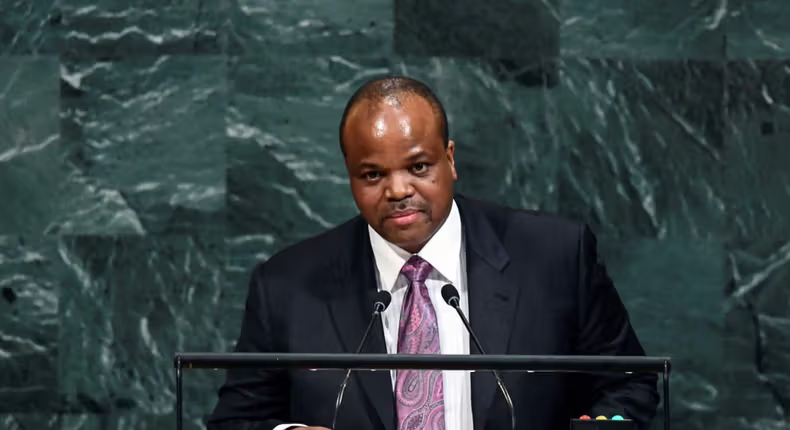The government of Eswatini has firmly denied claims that it struck an agreement with the United States to accept deportees, including Salvadoran national Kilmar Abrego, who is currently facing removal proceedings in Virginia.
Government spokesperson Thabile Mdluli clarified that Eswatini has not received any official request from Washington to host Abrego or any other U.S. deportees. According to her, no such transfer will take place unless there are formal discussions between the two governments followed by proper notification and approval.
This response comes after reports surfaced that the U.S. Department of Homeland Security had notified Abrego’s lawyers of a plan to deport him to Eswatini instead of Uganda, where he initially feared persecution. Abrego, accused of gang involvement, has challenged the move through his legal team.
The controversy is further fueled by Eswatini’s recent history with U.S. deportations. In July 2025, the country accepted five convicted criminals from the United States—citizens of Vietnam, Jamaica, Laos, Yemen, and Cuba. That earlier transfer sparked widespread backlash, with civil society organizations filing lawsuits to challenge the legality of the deal. Critics argued that the arrangement was made in secrecy, bypassed parliamentary approval, and potentially violated both constitutional and human rights standards.
Activists also raised concerns that Eswatini risks becoming a “dumping ground” for U.S. deportees, undermining its sovereignty and straining local resources. The Eswatini Litigation Centre and other advocacy groups are now pressing the courts to review whether the government acted within the law in allowing such transfers.
For now, the government maintains that no new deal exists, signaling that any attempt to deport Abrego—or others—to Eswatini would require transparent negotiations and parliamentary oversight.



